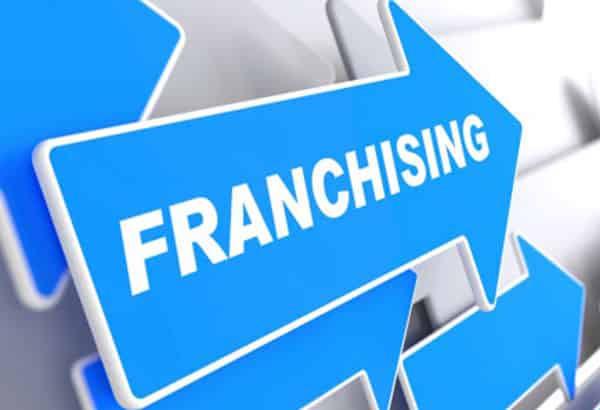What will be your second act in your prime years? For many women, it makes sense to consider buying a franchise to run. If you have the ability to invest in a new business and are looking for a turn-key, proven business model, franchising is definitely an option. In buying a franchise, you pay upfront for future profits. The failure rate for franchises is much lower than for non-franchise businesses, making this business model highly attractive to many. In this article, we will answer your burning questions about franchising.
“If you don’t have a ‘shark tank’ idea to start a new business,” says Sara Waskow, owner and senior consultant of FranNet of Dallas/Fort Worth, “You can transfer your corporate skills and use them in an already-developed system.” That is the beauty of a franchise – you are not starting from scratch. Instead, you are replicating an already successful business model in your geographic area with help and advice from people who’ve run the business. Franchisors provide initial training on the industry and how to set up the business, so you just add your business savvy and managerial skills to the mix. Your royalty payments ensure that you will receive ongoing training and support from the franchisor.
The key to success in franchising is discovering a business that suits your needs, passion, temperament and financial situation. Waskow specializes in doing just that – helping her clients find the right franchise to purchase. The biggest mistake you can make, according to Waskow, is buying a franchise that demands skills and aptitudes that you don’t have. For example, many operationally astute women come out of corporate environments without a sales background – and with no desire to have to pound the pavements and close deals to get business. For that temperament, a “build it and they will come” type of franchise is best, such as a hair salon or retail store with a national brand name. With a retail shop, all you have to do is find the right location (with the expert help of the franchisor), distribute flyers to the neighborhood, and join the local chamber of commerce. Customers will show up because everyone regularly needs what you are selling. With over 3000 franchises in more than 90 industries, there is a franchise for every person so buying a franchise can make a lot of sense.
A pitfall to avoid is buying a business because you get enamored with the product, like a fast-food restaurant. As an owner, you have to be hands-on with your employees in the store. Do you really want to be scooping ice cream or flipping burgers? Be prepared for a workforce of high school students and high turnover in a retail establishment. One woman in her prime years considered purchasing a hair cutting salon, but in doing her due diligence, she discovered that the biggest challenge in running the business was “keeping the chairs staffed” with cosmetologists. Each franchise owner she talked to complained that would be much more profitable if they could only find and retain enough employees. The typical employees in these businesses are young people right out of cosmetology school who work at your salon until they have enough experience to start their own hair cutting business – and make more money than you can pay them. With that knowledge, this would-be business owner decided that buying that franchise wasn’t for her. “I had enough trouble managing high turnover with highly educated employees at my corporate job,” she remarked, “And I just did not have the desire to deal with a worse situation than I was leaving.” Buying a franchise in this case wasn’t a good option.
There are some people who buying a franchise should really not be a consideration. If you are a creative type that can’t abide following already established procedures, you will chafe under the strict guidelines of running a franchise. And, it’s not inexpensive to purchase a business: depending on the franchise, you will need $100,000 to $500,000 in an initial investment. (Financing is always an available option.) The less expensive models usually require that you do a lot of the marketing and selling, whereas the more expensive options generally are more intrinsically attractive to customers and have an established brand.
Another caveat is to consider your exit strategy, not just how to get into the business. Ask the right questions in the beginning before buying a franchise. Some well-known chains don’t allow you to own either the business or the building, so you have nothing to sell when you retire. In those businesses, you exit the business with only your past profits in your bank account, which were hopefully very hefty. On the other hand, other franchises allow you to sell your business and potentially make a profit in doing so. Be sure to ask questions about selling the business.
And, of course, always read the fine print of a franchise contract, perhaps with the help of a trusted attorney.
What joys can you expect from being a franchise owner? If you’ve chosen the right business model and are passionate about the business, you will enjoy control over your own destiny and your time. You will have no quotas to meet except ones that you set for yourself. You will have the freedom to take your mother to the airport in the middle of the workday or your kids to soccer practice. Buying a franchise can be a great decision and, the pride of ownership and of seeing something you built become successful – those feelings are priceless.







